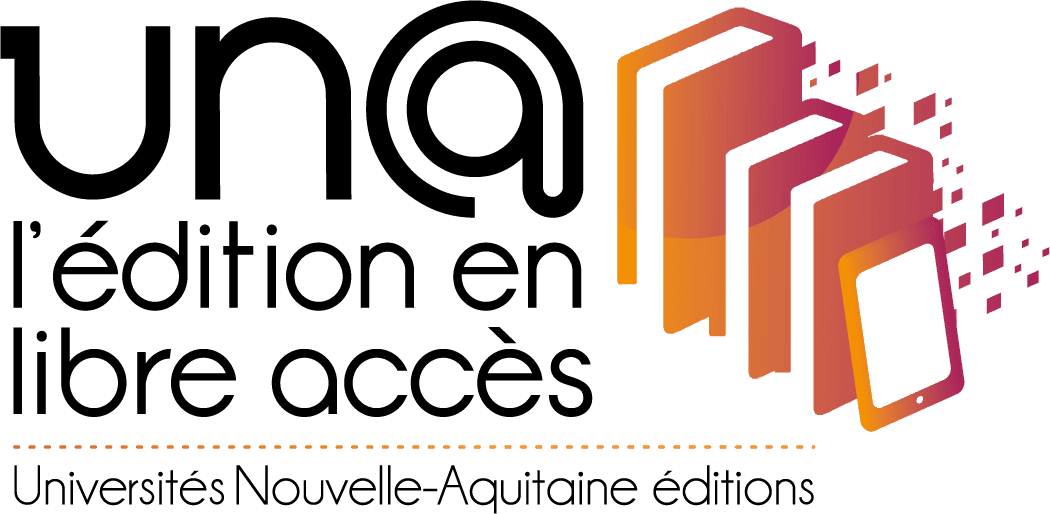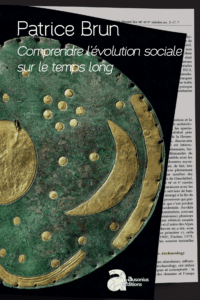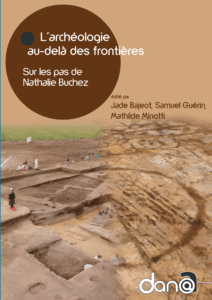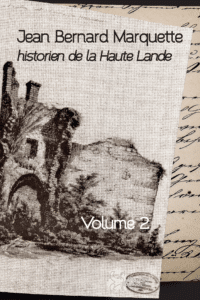UN@ est une plateforme d'édition de livres numériques pour les presses universitaires de Nouvelle-Aquitaine
Type de document : Chapitre de livre
par Patrice Brun
Cet article s’attachait à comparer, de façon systématique plusieurs hypothèses et argumentaires afin de caractériser les fonctions de ces établissements
par Patrice Brun
Je tentais ici la première analyse du phénomène des résidences princières nord-alpines des VIe et Ve s. a.C. Elle annonçait une série de travaux individuels et collectifs qui n’ont jamais cessé depuis lors.
par Patrice Brun
Cet ambitieux et précoce essai d’interprétation reprenait quelques hypothèses stimulantes, mais contestables ; en particulier l’idée que les nombreux dépôts non funéraires aquatiques auraient été un moyen d’éviter une inflation, une dévaluation de biens de prestige lorsqu’ils devenaient trop abondants.
par Patrice Brun
Ébauchée il y a une quarantaine d’années lors de la publication de ma thèse de doctorat et d’un livre écrit tandis que je candidatais à un poste de chercheur au CNRS, cette enquête n’a cessé de me captiver.
par Patrice Brun
Ébauchée il y a une quarantaine d’années lors de la publication de ma thèse de doctorat et d’un livre écrit tandis que je candidatais à un poste de chercheur au CNRS, cette enquête n’a cessé de me captiver.
par Richard Rougier
D’un côté, le delta du Nil, l’Égypte éternelle et la période prédynastique. Ce pays, source des fantasmes de milliers d’archéologues depuis l’Antiquité, avec son lot de découvertes et de monuments extraordinaires, capte de longue date la fascination des savants et du grand public pour cette civilisation brillante.
Si l’on se fie à ScanR (fig. 1), Nathalie Buchez traite dans ces travaux de Naqada, d’âge du Bronze, d’incinération, de nécropole, de Picardie ou encore de Prédynastique.
Le journal et la correspondance de Jules Dubernet s’inscrivent dans la longue série des archives léguées par les combattants de la Grande Guerre
Il y a de cela 35 ans, nous avons recueilli une poignée de documents ayant appartenu à Jules Dubernet, sabotier à Lucmau, petite commune de la Lande bazadaise.
Ingres jouait du violon… Louis Darquey photographiait avec un appareil à plaques de verre et, plus tard, prenait des vues stéréoscopiques.
L’ouvrage du Docteur Bernard Vigneau que nous tirons aujourd’hui d’un oubli séculaire et immérité s’inscrit dans un courant d’intérêt pour la recherche lexicographique qui s’est manifesté au siècle dernier dans tous nos pays de langue d’oc.
L’histoire politique des pays situés entre les Pyrénées, l’Océan et la Garonne – en gros la Gascogne – repose sur des sources peu nombreuses, d’interprétation parfois difficile – notices de cartulaires – ou sur des “histoires” et généalogies rédigées dans un but intéressé et qu’il convient donc d’accueillir avec la plus grande prudence.




